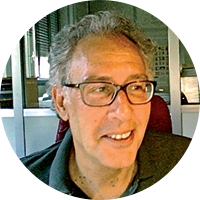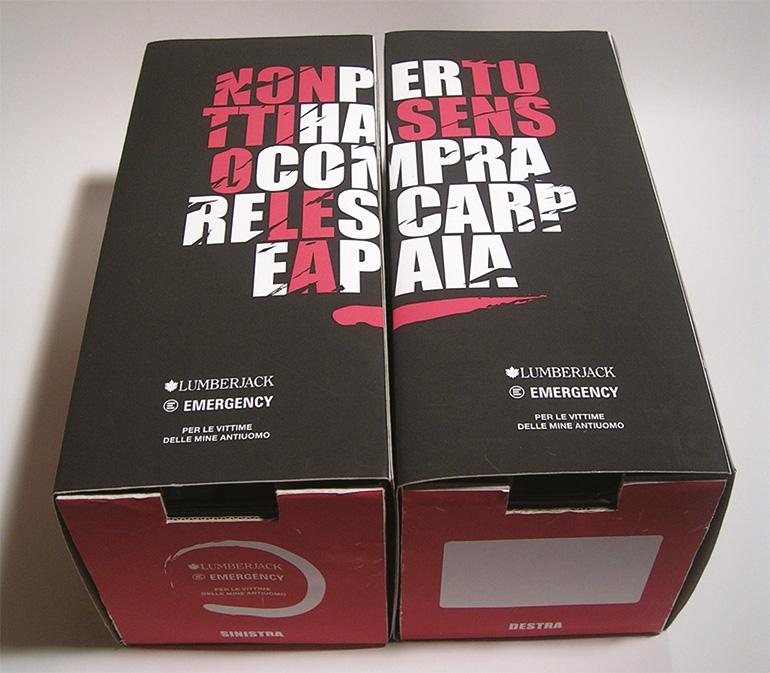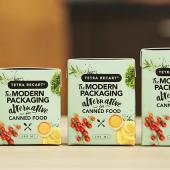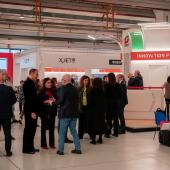Good news

Editorial by Stefano Lavorini
The opportunity to look at things with a touch of optimism came to me thanks to the casual discovery of a personal and professional life plan that aims to discover different and possible forms of happiness, interviewing women and men throughout the six continents.
The man behind the idea is Giuseppe Bertuccio d’Angelo who, with the “Happiness Project”, has committed himself to the goal of improving himself and getting closer to the person he wants to be: «We have only one chance for an incredible life and I don’t want to waste it».
It’s an ambition, after all, that has deep roots in our culture. There is no knowledge without introspection, there is no knowledge that is not already within us, warned the exhortation written at the entrance of the Temple of Apollo in Delphi. The same sentence “Know yourself” by Socrates, forms, among others, the basis of his philosophy.
If, however, it’s true, as scholars say, that Apollo urged men to "recognize their own limitations and finiteness”, we are here entering into a controversial and widely debated area.
The fact is that the author of the Happiness Project is, more or less consciously, an imitator of a philosophy that led Kierkegaard to write: «What I really need is to get clear about what I must do, not what I must know, except insofar as knowledge must precede every act. What matters is to find a purpose »1
And so, in all haste, Bertuccio d’Angelo continues to travel the world trying to understand the attitude to happiness found in very different traditions and cultures: from the children in Syrian refugee camps, to girls from North Korea, from a Sardinian hermit to the people that live in the largest slum in Africa.
On the way there’s also the most solitary man in Iceland, a clan from the Moroccan mountains, a sushi master from Tokyo and other dozens and dozens of people that “with their extraordinary stories are able to inspire and motivate us to do with our lives much more than we had ever imaged”.
A series of well-made reports, with sincere, spontaneous contents made without ever being obvious or trite.
What is more, the congeniality of the author introduces into the programme a «reliable voice, a human presence that attracts us because it enriches us with his example ».
At this point Giuseppe Pontiggia would have warned us against surrendering to suggestions of an invasive pathos. « We are wary of a romantic autobiography that seeks complicity through not intimate, but private confessions; and which fluctuates between denigration and celebration, faithful to a unique divinity: narcissism».
But that's not the point of the question.
Rather, to stick to the theme and continue to see the glass, in any case, half full, we can appeal to the fact that we have put all our efforts into trying to achieve objectives and this is because, regardless of having achieved them, ...we have still learned something.
It’s too easy to find in these words an echo of the stoics, from Epictetus, to Seneca and to Marco Aurelio, but to come closer to our times – so to speak – how can we fail to remember the words of Saint Augustine2: “Hope has two beautiful daughters; their names are Anger and Courage. Anger at the way things are, and Courage to see that they do not remain as they are”. Homo faber fortunae suae.

1) Søren Kierkegaard, (Copenhagen, 5 May 1813 – Copenhagen, 11 November 1855), Danish philosopher, theologian and writer.
2) Aurelio Augustine of Hippo (Thagaste, 13 November 354 – Hippo Regius, 28 August 430) was a philosopher, bishop, monastic theologian and Roman mystic of Berber origin and Latin language.




















